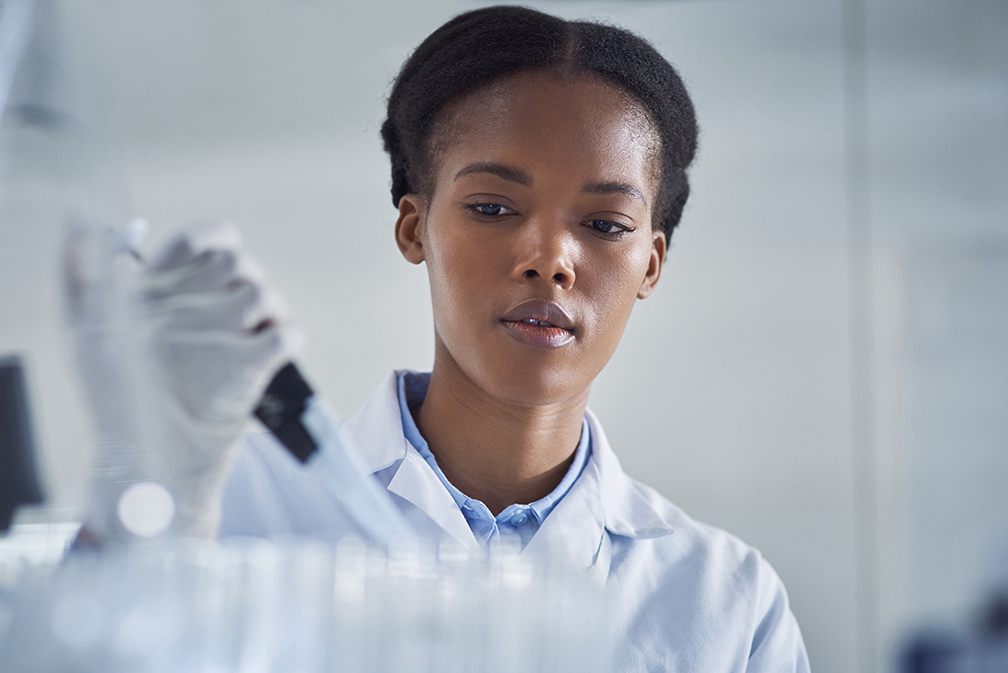Students to Receive Experiential Learning, Scientific Research and Geospatial Training

U.S. Department of Energy Awards AAMU Scientists $1.5 Million in Funding
The U.S. Department of Energy (DOE) selected two AAMU proposals for funding under the DOE’s Reaching a New Energy Sciences Workforce (RENEW) initiative. Two proposals from Alabama A&M’s Department of Natural Resources, and Environmental Sciences (NRES) in the College of Agricultural, Life, and Natural Resources (CALNS) were awarded a total of $1,557,280.
The proposal titled “Strengthening Education and Research Capacity for Bioenergy Science at Alabama A&M University through a Combination of Education, Research and Partnerships,” was led and submitted by Dr. Ernst Cebert PI, and co-PIs Dr. Xianyan Kuang and Dr. Qunying Yuan, in collaboration with Dr. John Vogel and Dr. Sharon Greenblum of the DOE Joint Genome Institute (JGI), Berkeley, CA; Dr. Andrew Leakey of the Center for Advanced Bioenergy and Bioproducts Innovation (CABBI)/University of Illinois Urbana-Champaign, Urbana, IL); and Dr. Kankshita Swaminathan of HudsonAlpha (HA) Institute of Biotechnology, Huntsville, AL.
The proposal titled, “Applied Geospatial Data-science Initiative for Urban Climate Change Studies (AGDI-UCCS)” submitted and led by Dr. Ranjani W. Kulawardhana (PI) and co-PI Dr. Wubishet Tadesse, was in collaboration with the two National Laboratories: Oak Ridge National Laboratory (ORNL), Oak Ridge, TN; and Pacific Northwest National Laboratory (PNNL), Richland, WA. Collaborators from the two National Laboratories: Dr. Melissa R Dumas and Dr. Jiafu Mao of the ORNL and Dr. Duli Chand and Dr. Samson Hagos of the PNNL will work with Dr. Kulawardhana’s team, focusing primarily on urban geospatial research applications to provide experiential learning, scientific research and geospatial training opportunities to AAMU undergraduate and graduate students.
The two proposals are among forty proposals the DOE awarded for this highly competitive program that matches HBCUs with national laboratories, facilities, and other federal government research infrastructure to provide training opportunities for undergraduate and graduate students, postdoctoral researchers, and faculty at academic institutions currently underrepresented in the U.S. science and technology ecosystem.
The objectives of the RENEW initiative outlined by the DOE are to build a talent pool to further the Department’s mission of solving the nation’s energy, environmental, and nuclear challenges through transformative science. Furthermore, these awards will offer hands-on experiences and open new career avenues for young scientists and engineers at 65 institutions spread across 23 states and the District of Columbia, 40 of which have been identified as Minority-Serving Institutions (MSIs) by the U.S. Department of Education.